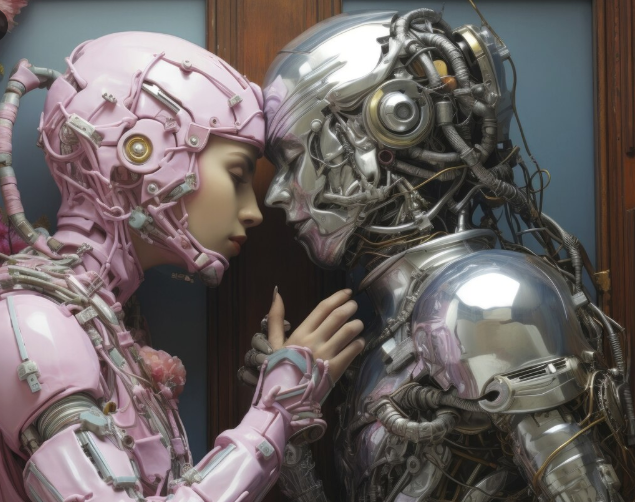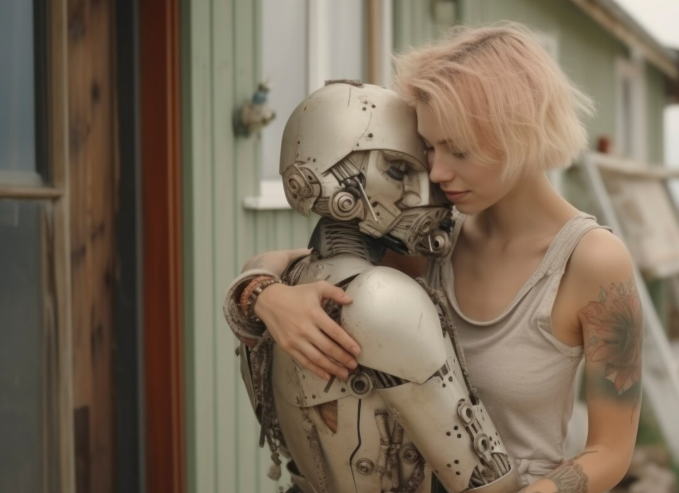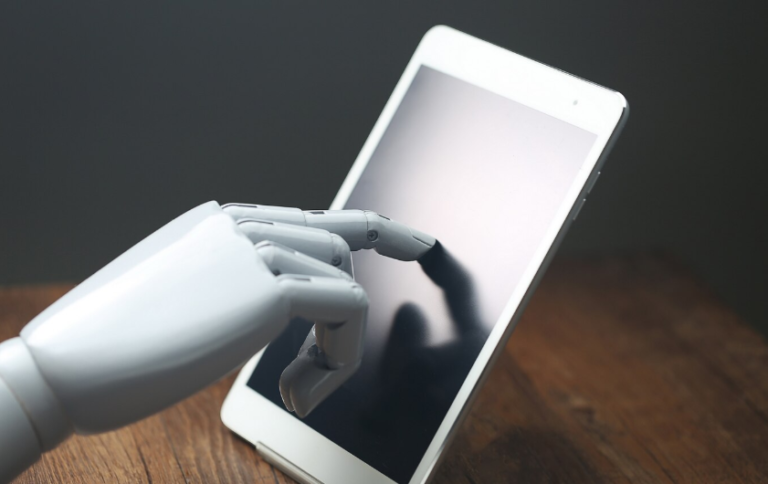Will Humans Become Obsolete? The Ethics of Hyper-Automation
As artificial intelligence (AI) and robotics advance at lightning speed, hyper-automation is no longer a theoretical concept but an emerging reality. From self-driving cars to AI-powered customer service and even automated surgeries, machines are increasingly performing tasks once reserved for humans.
While these advancements promise greater efficiency and economic gains, they also raise profound ethical questions: Will humans become obsolete in the workforce? What happens when automation prioritizes profits over people? Exploring the ethics of hyper-automation offers a critical lens into one of the most pressing challenges of our time.
What Is Hyper-Automation?
Hyper-automation refers to the use of advanced technologies like AI, machine learning, robotic process automation (RPA), and the Internet of Things (IoT) to automate increasingly complex tasks across industries. Unlike traditional automation, which focuses on repetitive and predictable tasks, hyper-automation extends into decision-making, problem-solving, and creative processes. For instance:
- Healthcare: AI can diagnose diseases faster and more accurately than doctors in some cases, raising questions about the future role of human physicians.
- Manufacturing: Robotic arms and automated production lines are eliminating the need for human labor in factories.
- Finance: Algorithms now analyze markets, approve loans, and detect fraud, reducing reliance on human oversight.
While hyper-automation increases productivity and reduces costs, it also challenges long-standing assumptions about human labor and purpose.
The Risk of Human Obsolescence
One of the central fears surrounding hyper-automation is the displacement of human workers. A 2020 report by the World Economic Forum predicted that by 2025, machines would handle more tasks than humans, potentially disrupting over 85 million jobs. While new roles may emerge to support automation technologies, there is no guarantee these jobs will be accessible to those displaced by machines.
Moreover, hyper-automation could exacerbate existing inequalities. High-skill, high-income workers may benefit from technological advancements, while low-skill workers risk losing their livelihoods with few viable alternatives. This could lead to increased economic disparity and social unrest.
However, the question isn’t just about jobs—it’s about identity. For centuries, work has been a source of purpose and pride for humans. What happens to society when work is no longer central to our lives?
Ethical Questions in Hyper-Automation
The rise of hyper-automation raises several ethical considerations that extend beyond economic concerns:
- Who Benefits?
Hyper-automation often prioritizes cost savings and efficiency, benefiting corporations and shareholders. But what about the workers left behind? Ethical frameworks must consider how wealth generated by automation can be redistributed to support displaced workers and create equitable outcomes. - Bias and Fairness
Automated systems are only as unbiased as the data they are trained on. If AI algorithms are trained on data reflecting societal prejudices, they risk perpetuating or even amplifying discrimination in hiring, lending, and law enforcement. - Accountability
When automated systems fail, who is responsible? For instance, if an autonomous vehicle causes an accident, should liability fall on the car’s manufacturer, the software developer, or the owner? Hyper-automation necessitates new legal and ethical frameworks to address accountability. - Loss of Human Touch
In areas like healthcare, education, and customer service, automation can reduce human interaction, potentially dehumanizing these experiences. Is efficiency worth the loss of empathy and connection? - Existential Risks
As machines become more autonomous, there is growing concern about how much control humans should relinquish. Could hyper-automation lead to unintended consequences, such as machines making decisions that conflict with human values?
Can Humans Adapt?
History shows that humans have always adapted to technological disruptions, from the Industrial Revolution to the advent of computers. However, hyper-automation represents a unique challenge due to its speed and scope. To mitigate the risks of human obsolescence, society must take proactive steps:
- Lifelong Learning: Governments, educational institutions, and businesses must invest in reskilling and upskilling programs to prepare workers for the jobs of tomorrow.
- Universal Basic Income (UBI): As automation reduces the need for human labor, UBI could provide financial security, allowing individuals to pursue meaningful activities beyond work.
- Human-Centric Design: Developers must prioritize human values when creating automated systems, ensuring technology enhances rather than replaces human capabilities.
- Ethical Oversight: Governments and international bodies should establish regulations to ensure that hyper-automation is deployed responsibly, with safeguards against bias, inequality, and misuse.
The Future of Human Purpose
The rise of hyper-automation doesn’t have to mean the end of human relevance. Instead, it can free people from repetitive and mundane tasks, allowing them to focus on creativity, innovation, and connection. However, this optimistic vision will only be possible if ethical considerations guide the development and deployment of automation technologies.
As society navigates this transition, the ultimate question remains: Can we design a future where humans and machines coexist harmoniously, or will we allow technology to overshadow the very humanity it was meant to serve? The answer lies not in the machines, but in the choices we make today.
Hyper-automation is not just a technological phenomenon; it is a societal crossroads. How we address its challenges will define the future of work, ethics, and the human experience.







